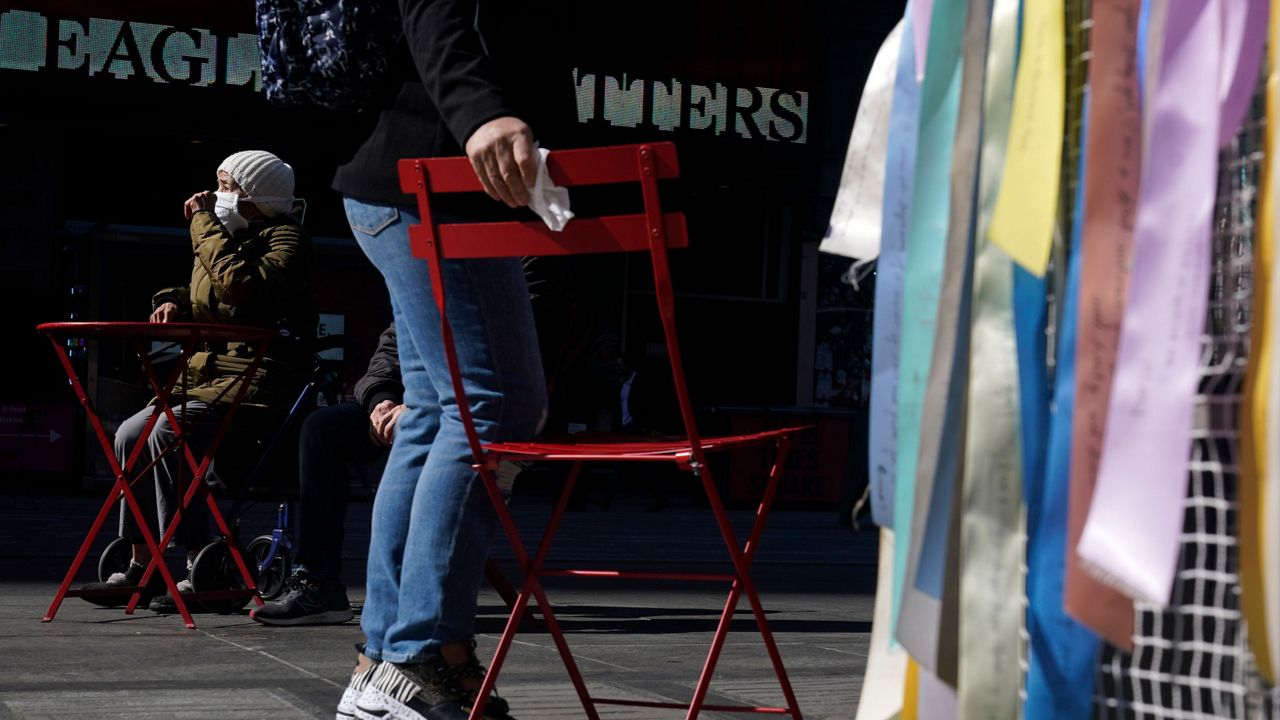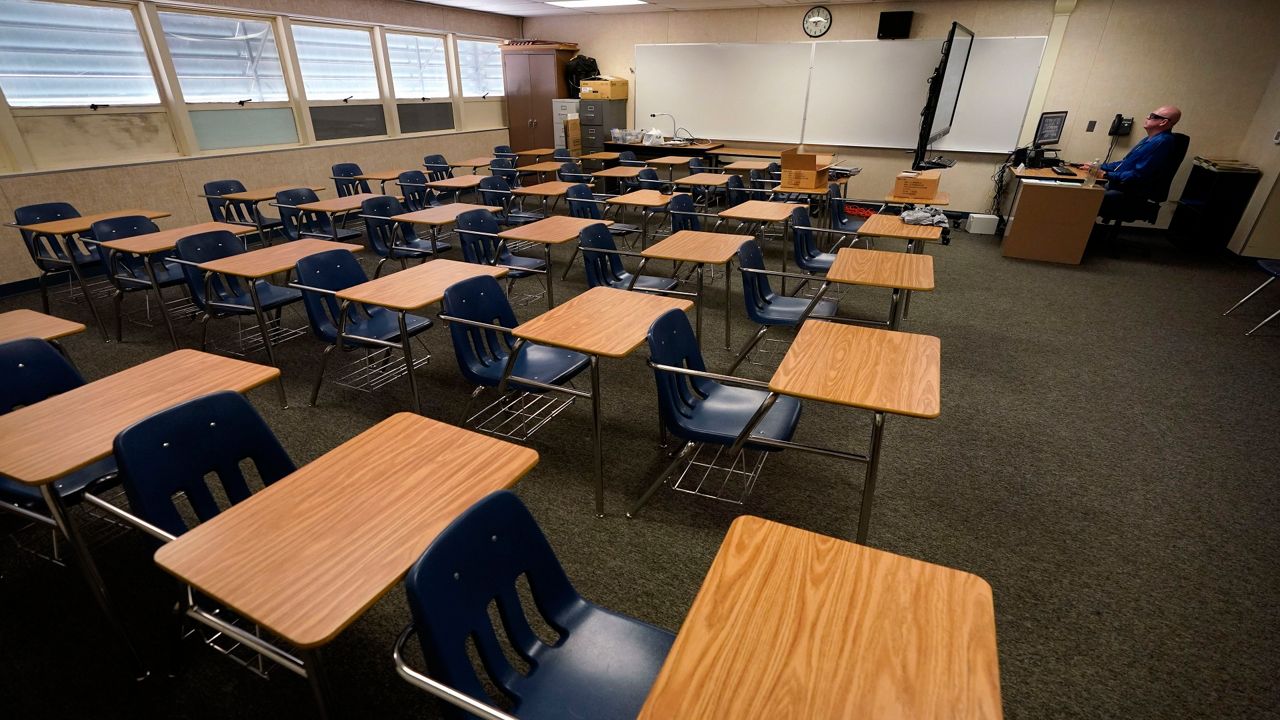Amid an ongoing spike in gun violence in New York City, Mayor Bill de Blasio Monday assured New Yorkers that bringing back the city economically will help ensure its residents are as safe as possible as summer arrives and more New Yorkers head back outdoors on a regular basis.
Crediting the city’s economic comeback as “the most essential thing” they can do to decrease violent crime in the city, de Blasio said the increase in gun violence grew “out of empty streets” in the midst of the coronavirus pandemic, when fewer people had jobs and in-person learning at city schools was shuttered, according to the mayor.
“We’re reversing that trend rapidly. Hundreds of thousands of jobs are coming back. Schools will be fully open in September for all the kids who want it,” the mayor told Inside City Hall anchor Errol Louis on “Mondays with the Mayor.”
Pushing back on the idea that crime, in general, is high, the mayor said that index crime is the lowest it’s been since the NYPD began tracking it statistically, and that gun arrests are the highest they’ve been in 25 years.
“The NYPD is doing a lot of the things that work. What we must do better at is with gun violence,” de Blasio said. "And I think that is about policing, and getting guns off the streets. It's about deepening the ties with communities, which I think a number of the recent reforms will help with."
De Blasio also called on the state to get the court system back up and running, saying that there has been no "consequence of someone being found guilty" in the past year amid the pandemic.
“We have a lot to do in the city, and I take responsibility for that. We also need the state to take the responsibility for fully reopening the court system," he said. "We can do it now. We have vaccinations. We have a much better circumstance. Getting the courts so that those who have committed crimes and are found guilty actually get the consequences they deserve, that’s a crucial missing piece to this equation.”
The renewed calls come after two high-profile shootings over the past week, one that resulted in the hospitalization of a 12-year-old boy from Brooklyn, and another which ended in the death of a tourist in Midtown. Both were the result of gun violence.
When asked about potential concerns that Democrats, and in particular progressives, vying to replace de Blasio may lose credibility on topics like reducing violent crime in the city due to calls for widespread police reform, the mayor rebutted that the “simplest, most straightforward definition” of progressivism revolves around looking at economic issues, and that policing needs to be “fair and nondiscriminatory.”
“When it comes to social justice, when it comes to policing, what would unite millions of people in this city is a desire to see consistently more fair and nondiscriminatory policing,” de Blasio said. “I think the vast majority of New Yorkers believe, of course there’s a role to play for police, but they want it to continue to be more responsive and respective of communities.”
"I don't think progressive means not believing there's a role for police," the mayor added. "I think progressive means ensuring that we continue to reform policing, and make it respectful and non-discriminatory."
On the heels of the the city’s oldest anti-poverty group, Mission Society, having their planned Minisink charter school rejected because New York had hit its cap for charter school expansion, de Blasio would only say that the city continues to work with charter schools that they believe are meeting their standards.
The mayor did not specifically address the group’s pleas for lawmakers to allow the expansion by way of the state budget.








